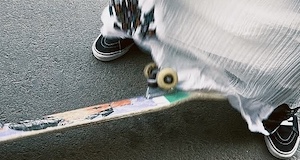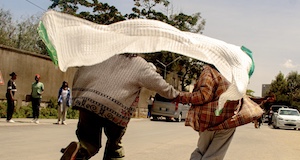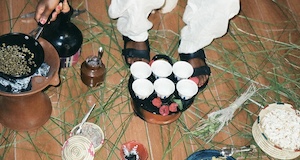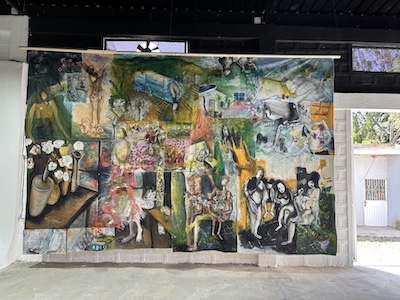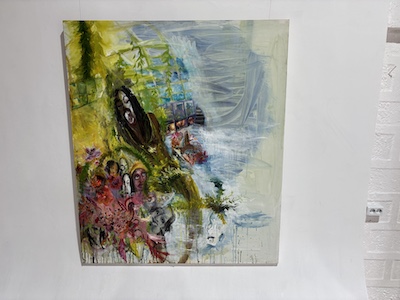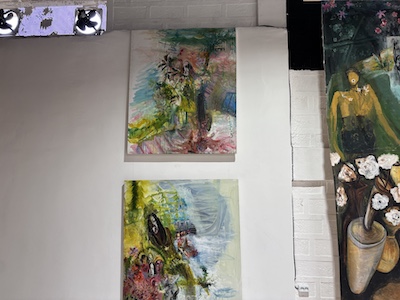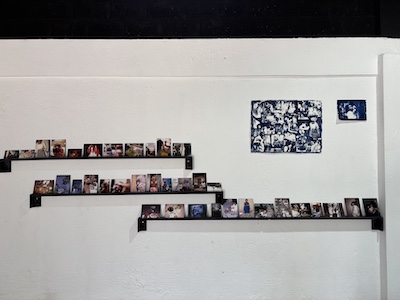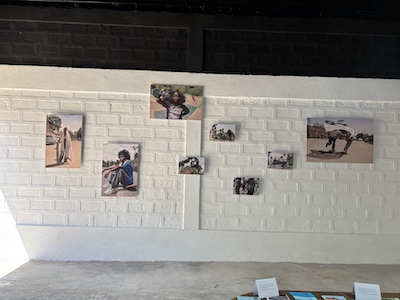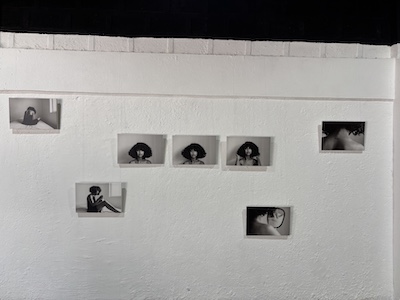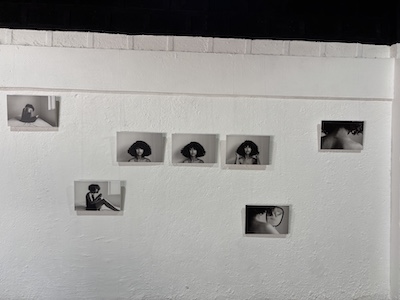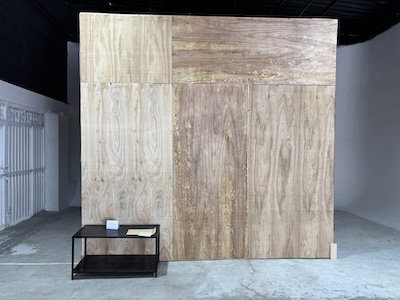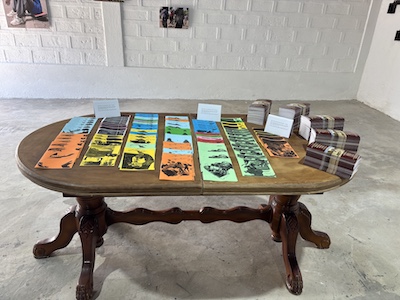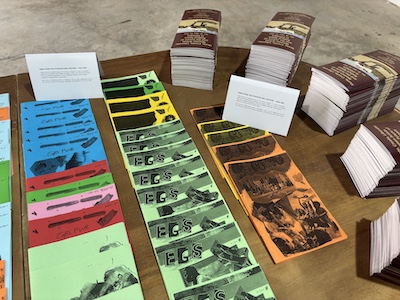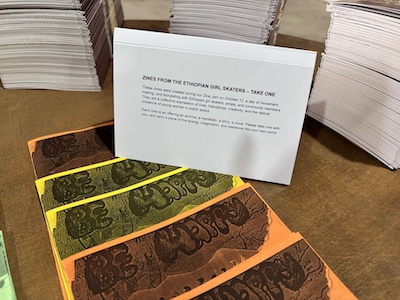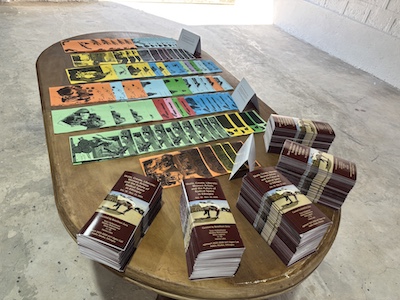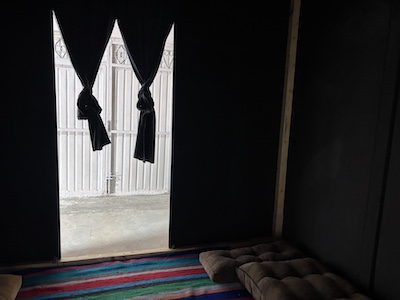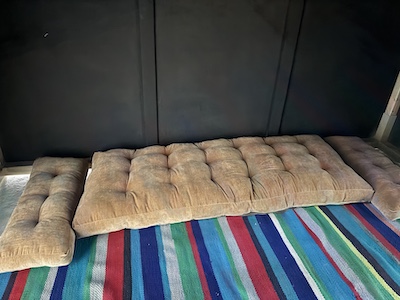Use your up, down, left, and right keys, or click within to navigate.
Medina Mohammed - Tsion Haileselassie - Iri Di - Hanna Leka - Mulu Legesse
This text was submitted as a proposal to the apexart INTL25 Open Call
Ethiopia has experienced a transformative shift in youth culture, with skateboarding emerging as a significant medium for personal and collective expression. In 2013, the establishment of Ethiopia Skate marked the inception of the country's first organized skateboarding community. This was followed by the opening of Addis Skate Park in 2016, the nation's first and only free-of-charge public skate park. These milestones, while noteworthy, represent the beginning of a broader movement that views skateboarding not just as a sport but as a cultural tool for empowerment.
Despite the growing popularity of skateboarding, women faced significant barriers to participation. In response to bullying and harassment, two female skaters founded Ethiopian Girl Skaters in 2020—a collective aimed at creating safe spaces for girls and women to engage in skateboarding. Their mission was clear: "Free skateboarding lessons for girls." Since its inception, the collective has expanded to 150 members, predominantly aged 10–25, and has become a symbol of resistance, solidarity, and empowerment. Every Saturday morning, Addis Skate Park is reserved exclusively for girls to learn, practice, and build a sense of sisterhood—an act of liberation in a society that often seeks to limit women's agency.
The Ethiopian Girl Skaters collective exemplifies radical space-making by redefining freedom through skateboarding. They are crafting an alternative narrative and providing young women with opportunities to reclaim their bodies, identities, and voices. This collective serves not only as a space for play but also as a significant social movement—a transformative act of unlearning and liberation.
The exhibition "Skate, Create, Liberate: Women Artists and the Future of Radical Space in Ethiopia" aims to intersect the stories of the Ethiopian Girl Skaters collective with the works of three radical Ethiopian female artists. These artists, through various forms of everyday resistance, explore themes of identity, womanhood, and self-expression. Together, they engage with the feminist ethos that the personal is political, illustrating how personal experiences and artistic practices can serve as catalysts for societal change. The exhibition also examines how skateboarding, as a subculture, intersects with broader questions of gender, race, class, and systemic oppression—offering a space where self-expression and resistance converge.
The exhibition features works that delve into resistance, identity, and womanhood:
* Artist 1 utilizes analog photography to explore collective healing through personal storytelling, capturing intimate narratives that reflect the beauty, vulnerability, and humanity inherent in inhabiting one's body.
* Artist 2 creates audio-visual installations using voice as an anchoring mechanism, delving into the complexities of her own identity and inviting viewers into immersive experiences that challenge perceptions.
* Artist 3 produces paintings that depict the quiet suffering borne by women, navigating a world where indifference becomes its own form of harm—offering poignant commentary on resilience and strength.
Collectively, their works challenge stereotypes and misogyny, creating radical spaces for dialogue and reflection.
The exhibition also chronicles the skateboarding collective's evolution from its modest origins to its current status as a groundbreaking movement. Through a curated selection of photographs, videos, zines, and interactive installations, it illuminates the collective's growth, challenges, and achievements—offering visitors an immersive experience of its dynamic journey.
By highlighting the intersection of skateboarding and art, the exhibition seeks to inspire dialogue and reflection on the role of women in shaping cultural spaces. It underscores the importance of creating inclusive environments that empower marginalized communities and challenge traditional narratives.
Ethiopia has experienced a transformative shift in youth culture, with skateboarding emerging as a significant medium for personal and collective expression. In 2013, the establishment of Ethiopia Skate marked the inception of the country's first organized skateboarding community. This was followed by the opening of Addis Skate Park in 2016, the nation's first and only free-of-charge public skate park. These milestones, while noteworthy, represent the beginning of a broader movement that views skateboarding not just as a sport but as a cultural tool for empowerment.
Despite the growing popularity of skateboarding, women faced significant barriers to participation. In response to bullying and harassment, two female skaters founded Ethiopian Girl Skaters in 2020—a collective aimed at creating safe spaces for girls and women to engage in skateboarding. Their mission was clear: "Free skateboarding lessons for girls." Since its inception, the collective has expanded to 150 members, predominantly aged 10–25, and has become a symbol of resistance, solidarity, and empowerment. Every Saturday morning, Addis Skate Park is reserved exclusively for girls to learn, practice, and build a sense of sisterhood—an act of liberation in a society that often seeks to limit women's agency.
The Ethiopian Girl Skaters collective exemplifies radical space-making by redefining freedom through skateboarding. They are crafting an alternative narrative and providing young women with opportunities to reclaim their bodies, identities, and voices. This collective serves not only as a space for play but also as a significant social movement—a transformative act of unlearning and liberation.
The exhibition "Skate, Create, Liberate: Women Artists and the Future of Radical Space in Ethiopia" aims to intersect the stories of the Ethiopian Girl Skaters collective with the works of three radical Ethiopian female artists. These artists, through various forms of everyday resistance, explore themes of identity, womanhood, and self-expression. Together, they engage with the feminist ethos that the personal is political, illustrating how personal experiences and artistic practices can serve as catalysts for societal change. The exhibition also examines how skateboarding, as a subculture, intersects with broader questions of gender, race, class, and systemic oppression—offering a space where self-expression and resistance converge.
The exhibition features works that delve into resistance, identity, and womanhood:
* Artist 1 utilizes analog photography to explore collective healing through personal storytelling, capturing intimate narratives that reflect the beauty, vulnerability, and humanity inherent in inhabiting one's body.
* Artist 2 creates audio-visual installations using voice as an anchoring mechanism, delving into the complexities of her own identity and inviting viewers into immersive experiences that challenge perceptions.
* Artist 3 produces paintings that depict the quiet suffering borne by women, navigating a world where indifference becomes its own form of harm—offering poignant commentary on resilience and strength.
Collectively, their works challenge stereotypes and misogyny, creating radical spaces for dialogue and reflection.
The exhibition also chronicles the skateboarding collective's evolution from its modest origins to its current status as a groundbreaking movement. Through a curated selection of photographs, videos, zines, and interactive installations, it illuminates the collective's growth, challenges, and achievements—offering visitors an immersive experience of its dynamic journey.
By highlighting the intersection of skateboarding and art, the exhibition seeks to inspire dialogue and reflection on the role of women in shaping cultural spaces. It underscores the importance of creating inclusive environments that empower marginalized communities and challenge traditional narratives.
Betelihem Zena is a creative practitioner with a background in architecture whose work spans design, research, and curation. Rooted in memory, artistic inquiry, and archival exploration, her practice seeks to open spaces for transformation and liberatory learning. She engages with overlooked narratives and experimental forms to challenge conventional boundaries and expand collective imagination.
Dedicated to developing frameworks that nurture liberation in both thought and practice, Betelihem sees creativity as a tool for personal and societal reimagining. Her work invites others into deeper engagement with their own creative agency—believing that imagination, when cultivated with care, can disrupt limitations and shape new possibilities.
Dedicated to developing frameworks that nurture liberation in both thought and practice, Betelihem sees creativity as a tool for personal and societal reimagining. Her work invites others into deeper engagement with their own creative agency—believing that imagination, when cultivated with care, can disrupt limitations and shape new possibilities.


